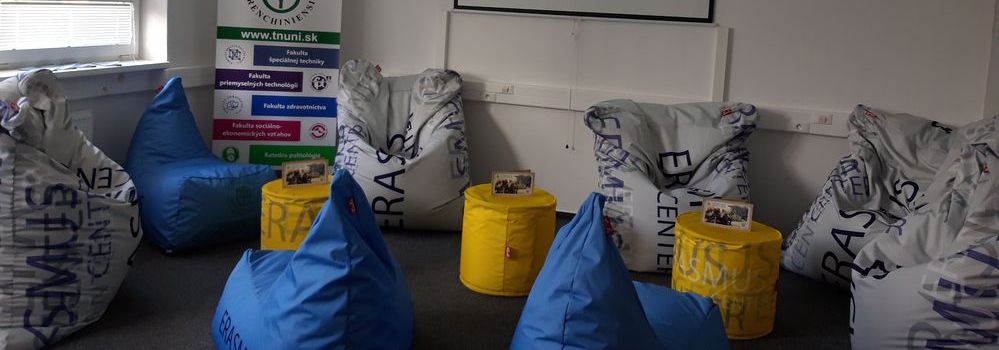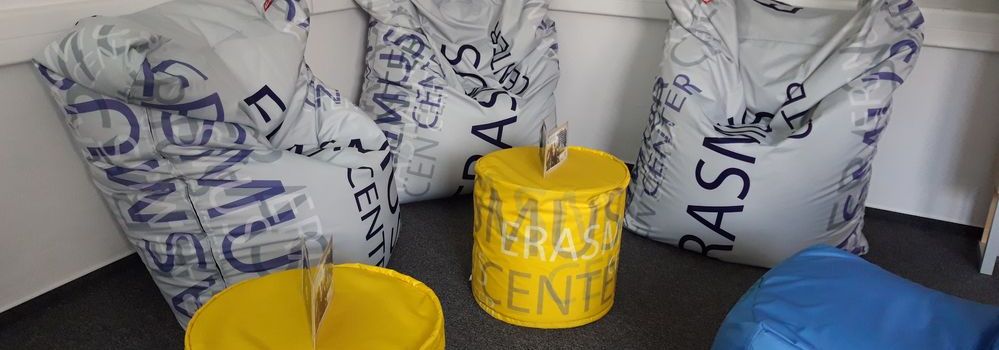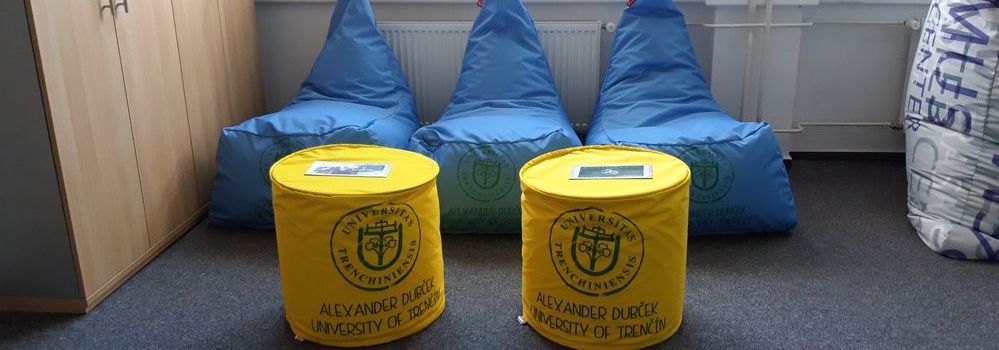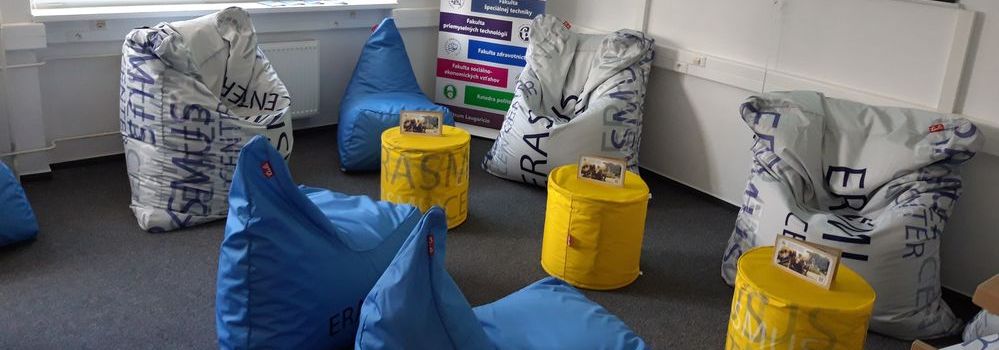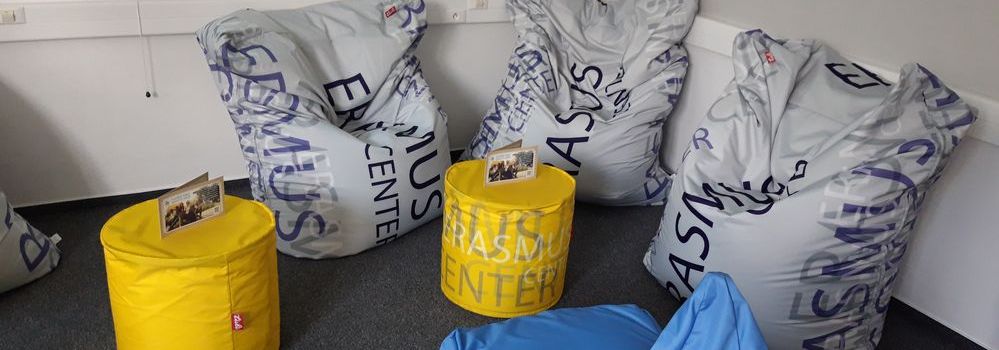Erasmus Policy Statement (Overall Strategy)
The institutional authority of the University is situated in a centre of the city Trenčín, 120 km far from Bratislava, the capital of Slovakia. Faculty of Industrial Technologies is situated in Puchov and Faculty of Special Technologies is situated in the other district of Trencin called Zablatie.
International Strategy Alexander Dubcek University of Trencin consists of building partnerships between foreign higher education organizations, scientific research institutions and the rest of their bodies. The focus of university faculties based on the requirements of the region. It is known for engineering, clothing industry, chemical industry and special technologies. Therefore, our university cooperates mainly with foreign institutions, whose scientific research base is orientated a similar direction. Department of humanities orientation conclude bilateral agreements with organizations with whom they share an exchange of students, teachers, organization of international conferences and the creation of joint textbooks and monographs.
Alexander Dubček Univesity of Trenčín has closed bilateral agreements with universities and organizations from Bulgaria, the Czech Republic, Croatia, Poland.The longest cooperation is with the Izhevsk State Technical University in Russia. Cooperation is based in particular on joint projects and exchange of students and teachers. Cooperation is based in particular on joint projects and exchange of students and teachers. The aim is to create a joint program of study and joint degrees. One of the most important cooperation is with the University of Bologna (Italy), Universidad de Valencia, Universidad Politécnica de Valencia, Universidad Católica de Valencia "San Vicente Mártir" (Spain) Vilnius University, Mykola Romeris University in Vilnius (Lithuania), Instituto Politécnico de Braganca (Portugal) Université d'Angers (France). Cooperation is mainly in permanent exchange of students, teachers LLP - Erasmus and participation in of joint scientific research projects. The University is a member of the Consortium Progres 3 in science, research and innovation, increasing the exchange of students and use knowledge potential of all three universities in neighboring countries - Poland, the Czech Republic and Slovakia. ADUT is a member of the Association of Carpathian Region Universities, European University Association, the European Society of Glass and Technology, The Institute for Accreditation of Language Teaching in Universities in Central Europe, and others.
Cooperation with the regional companies through solving the joint research tasks enabling students to acquire the practical skills in the particular area of their specialization an so assure higher placements of its graduates on the demanding labour market. Improving the quality of education and research at the university is also implemented support for cooperation with the Slovak Academy of Sciences and other Slovak universities.
Strategy
The development strategy of the Alexander Dubček University of Trenčín (TnU AD) is based on 3 mutually interconnected key actions:
1. Engagement in scientific, research, and educational projects, and enhancement to the quality of outcomes;
2. Increasing the mobility of students, and members of academic staff.
3. Developing staff competencies in order to support engagement of the academic staff in new and running projects.
Key action 1
The TnU AD maintains the highest quality of education and research by implementing new research ideas and scientific concepts, and supporting the student-oriented academic research including the cooperation with scientific organizations and companies at home and abroad. A high priority is given to interdisciplinary initiatives aimed at:
1. Development of new materials and technologies, including those for sustainable energy production, development, and protection of the environment.
3. Health care.
4. Social sciences.
This is enhanced by preparation of new study programs taught in English within the framework of international educational projects.
Key action 2
The mobility is developed through:
- participation in UE programs,
- implementing projects in cooperation with foreign partners,
- promotion of courses and programs in foreign languages,
- joint study programs with international partners,
- facilitating the online recruitment process for Erasmus incoming students,
Key action 3
The university strives for integration and stronger cooperation between its units responsible for project support and international relations. This includes proper planning, implementation, and monitoring, whether at a project stage, or for the project portfolio.
This includes:
- the development of infrastructure supporting the project management,
- building a team of key project managers,
- building a project office supporting the project management, and managing the project portfolio,
- creating a single source of information on the projects
Modernisation agenda
Increasing the attainment levels to provide the graduates and researchers that Europe needs
Improving the quality and relevance of higher education
Strengthening the quality through mobility and cross-border cooperation
Making the knowledge triangle work: linking higher education, research and business for excellence and regional development
Improving governance and funding.




